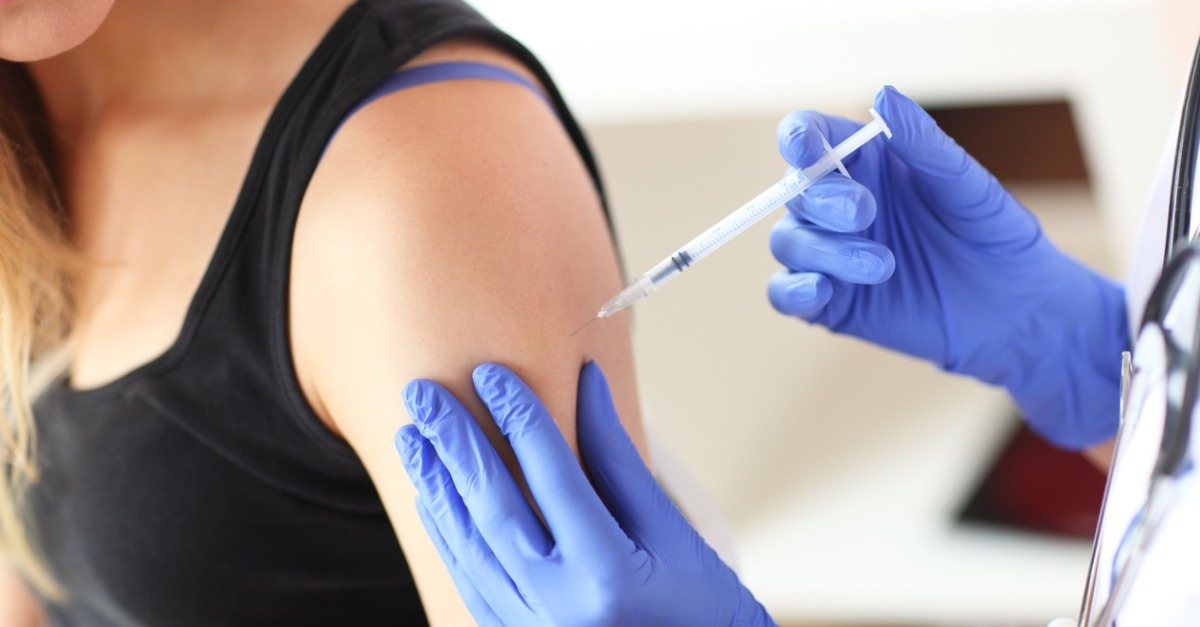The Importance of Getting The HPV Vaccine
Even if you’ve been on top of your gynecological health for years, HPV and the vaccine preventing it may be new to you. If you are a young person at the beginning of your own health journey, you may be more familiar, but still not understand why doctors are advising it.
Here’s more about this disease, the vaccine that protects you against it, and why women — and men — of nearly all ages may want to partake.
HPV Basics
Human papillomavirus (HPV) is the most common STI, affecting 43 million Americans in 2018, a number that includes people who have only had sex with one person, and young adults. HPV often does not present symptoms, and frequently goes away on its own within a year or two — making it seem like a relatively harmless STI to contract.
But Dr. Obiamaka Mora warns that almost all cervical cancer — as well as other cancers including those of the penis, anus, vulva, and vagina — is caused by HPV. Over 4,000 women die of cervical cancer alone each year.
Fortunately, HPV is relatively simple to combat.
Vaccination = Prevention
Up to 93% of cervical cancers can be prevented with a combination of an HPV vaccination and regular health screenings. Like many others, the HPV vaccine produces antibodies that bind to the virus when it is introduced to the body, and therefore render it ineffective.
Human papillomavirus vaccines are among the most effective vaccines available worldwide, proving to be 99% successful when given to women who have not otherwise been exposed to the virus.
History of the HPV Vaccine
If HPV and vaccination against it feels new to you, you’re possibly not alone. Formal scientific findings about HPV and its relationship to cervical cancer were not presented to the medical community until 1991. And it took another several years of design and testing for the first vaccine (Gardasil) to receive approval. Since then, two other vaccinations have also been approved, and their acceptance has been generally widespread. As of October 2019, 100 countries worldwide are actively including the HPV vaccine as part of their recommended health schedule.
Who Can Get the HPV Vaccine
“All people ages 9 to 45 can get the HPV vaccine to protect against genital warts and/or different types of HPV that can cause cancer,” Planned Parenthood asserts. And though it may seem a surprising or uncomfortable topic, it’s now also recommended that children as young as 11 or 12 receive the HPV vaccine as part of their regular health check-ups, to ensure they’re fully protected before they become sexually active.
Note that different individuals may need as many as three doses to safeguard against the virus, depending on age and when they first receive the vaccine. Close conversation with your doctor about your age, sexual activity, and other lifestyle or health risks will help determine the cadence best for you.
At Avant Gynecology, we are dedicated to guarding both your sexual and overall health. If you are concerned or curious about HPV — or any other STI — and want to learn more from a caring professional, call us today at (404) 352-2850, or connect with us online.



